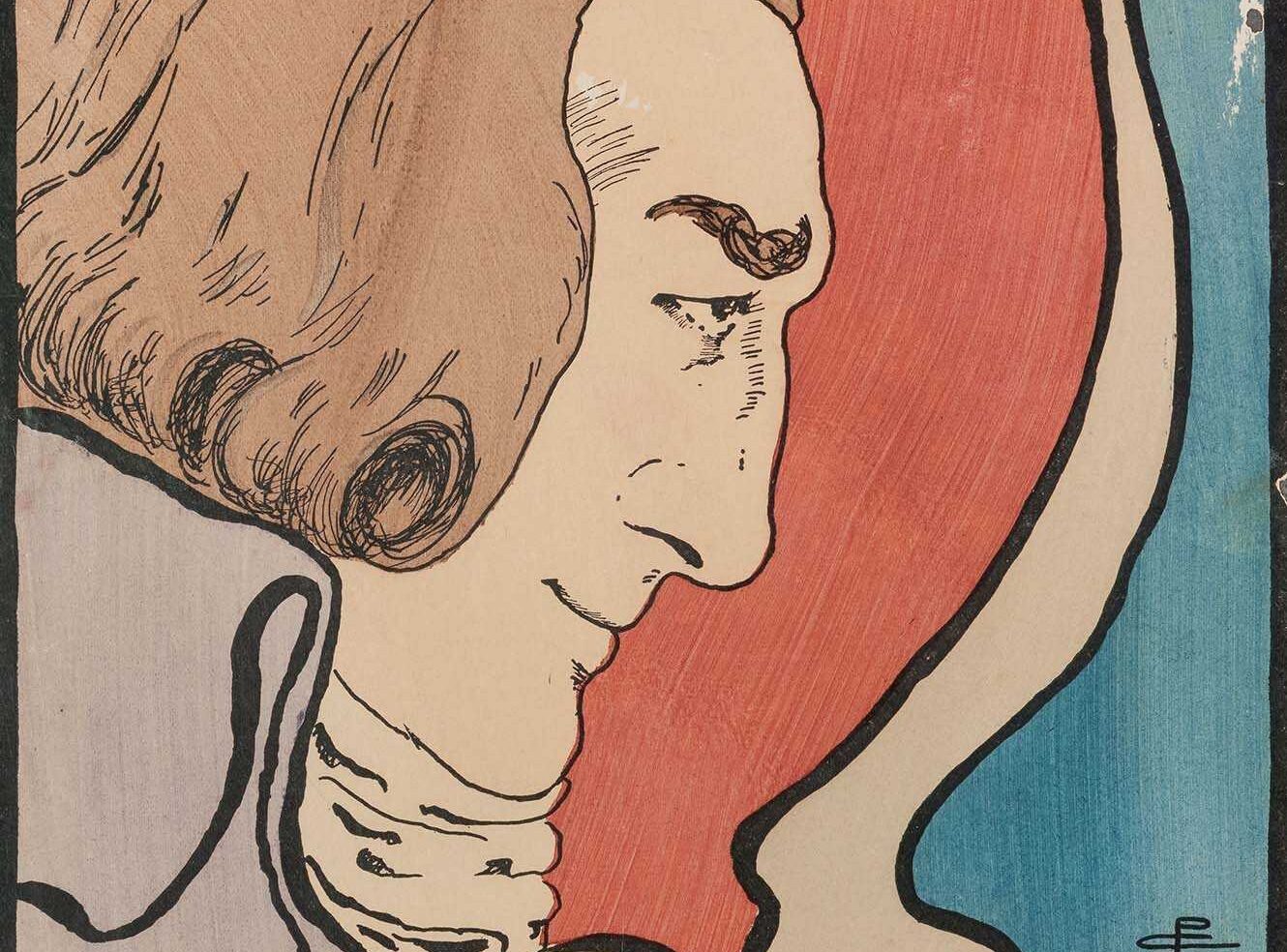Brass Orchids: Sex and Relationships in Samuel R Delany
Delany was born in New York in 1942. Openly gay since adolescence, he nevertheless married poet Marylin Hacker on a trip to Detroit – Michigan being one of just two states where they could then legally marry due to age-of-consent laws and because he was African-American and she was white. They divorced in 1980, Hacker since identifying as lesbian.


To find out more about Sex & Sexuality (available now), including free trial access and price enquiries, please email us at info@amdigital.co.uk.
Recent posts

Foreign Office, Consulate and Legation Files, China: 1830-1939 contains a huge variety of material touching on life in China through the eyes of the British representatives stationed there. Nick Jackson, Senior Editor at AM, looks at an example from this wealth of content, one diplomat’s exploration of Chinese family relationships and how this narrative presented them to a British audience.

The Nineteenth Century Stage is a rich resource exploring the theatrical celebrities, artistry, and changing social roles of the era. It highlights Pamela Colman Smith, known for her Rider-Waite tarot illustrations and theatre work, whose influence shaped Victorian theatre. Despite being overlooked, her life and impact are vividly captured through striking art and intimate collections within this valuable resource.
